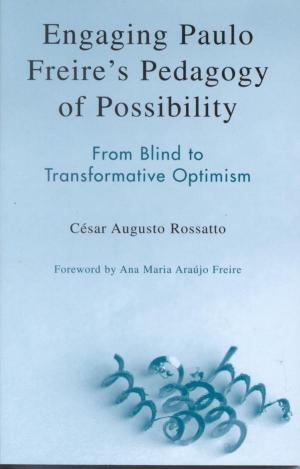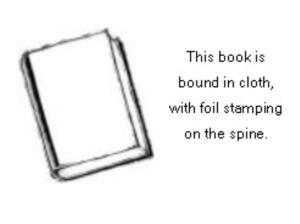Designing the Green Economy
The Post-Industrial Alternative to Corporate Globalization
Nonfiction, Social & Cultural Studies, Social Science, Sociology, Urban| Author: | Brian Milani | ISBN: | 9780742576759 |
| Publisher: | Rowman & Littlefield Publishers | Publication: | September 20, 2000 |
| Imprint: | Rowman & Littlefield Publishers | Language: | English |
| Author: | Brian Milani |
| ISBN: | 9780742576759 |
| Publisher: | Rowman & Littlefield Publishers |
| Publication: | September 20, 2000 |
| Imprint: | Rowman & Littlefield Publishers |
| Language: | English |
Designing the Green Economy explores realistically, and in detail, the worldOs enormous potential for human and ecological regeneration. It also explains why this potential has been suppressed or distorted by industrial institutions_thus creating economic crisis, growing inequality, and environmental destruction. The first half of the book looks at the challenge ecological change has represented to capitalism, as well as capitalismOs repressive response: the waste economy, as expressed in postwar Fordist capitalism and current trends toward a globalized economy. But today Othe great divideO between waste and green economies can be narrowed by emerging legal, institutional, and market approaches to production and environmentalism. In Part II, Milani explores the practical and theoretical implications of fully unleashing these new productive forces to create community-based ecological economies. Milani argues that neither sustainability, social justice nor economic stability can be secured without comprehensive redesign of the economy along ecological principles. It looks at key sectors of the economy_including manufacturing, energy, and money and finance_to illustrate how this redesign can, and is, taking place through both incremental grassroots initiatives and transformative politics.
Designing the Green Economy explores realistically, and in detail, the worldOs enormous potential for human and ecological regeneration. It also explains why this potential has been suppressed or distorted by industrial institutions_thus creating economic crisis, growing inequality, and environmental destruction. The first half of the book looks at the challenge ecological change has represented to capitalism, as well as capitalismOs repressive response: the waste economy, as expressed in postwar Fordist capitalism and current trends toward a globalized economy. But today Othe great divideO between waste and green economies can be narrowed by emerging legal, institutional, and market approaches to production and environmentalism. In Part II, Milani explores the practical and theoretical implications of fully unleashing these new productive forces to create community-based ecological economies. Milani argues that neither sustainability, social justice nor economic stability can be secured without comprehensive redesign of the economy along ecological principles. It looks at key sectors of the economy_including manufacturing, energy, and money and finance_to illustrate how this redesign can, and is, taking place through both incremental grassroots initiatives and transformative politics.















